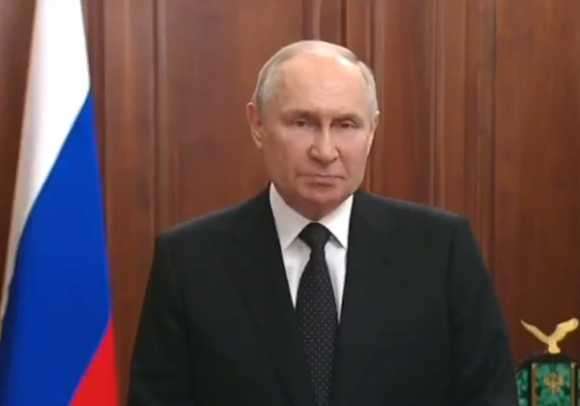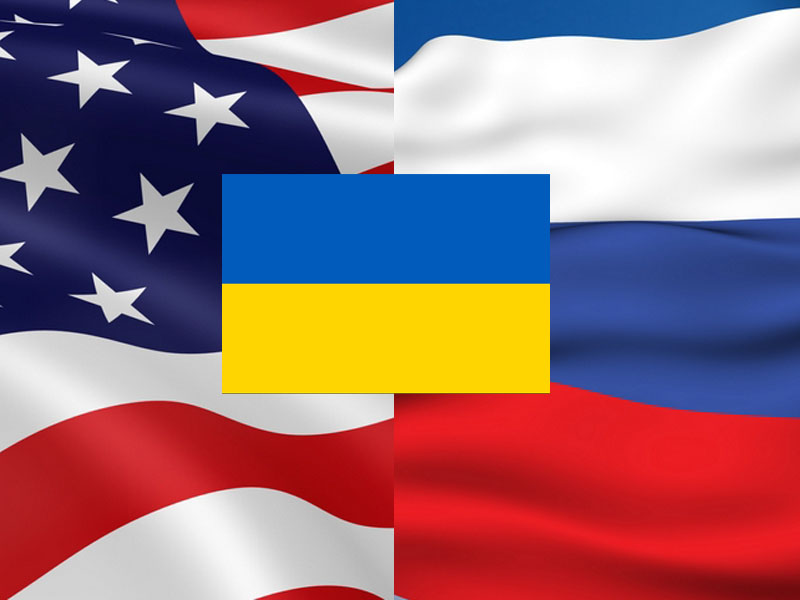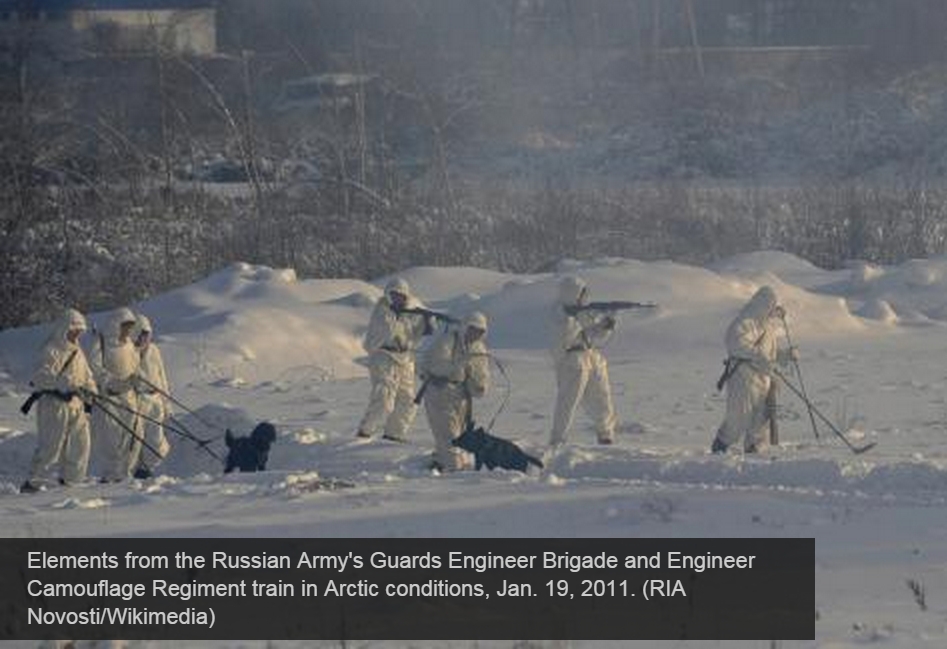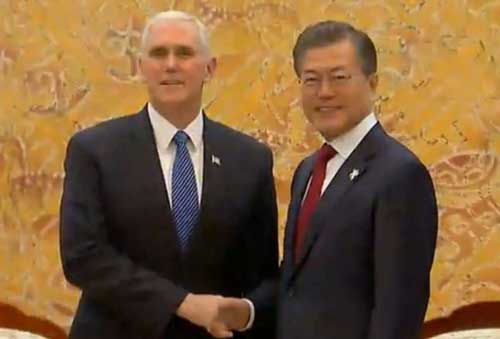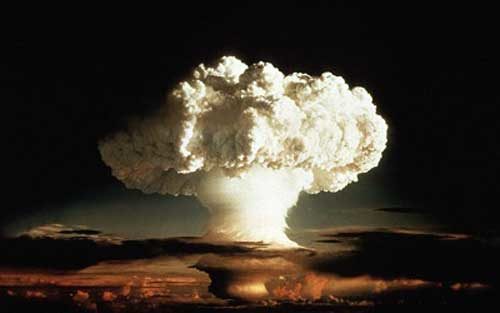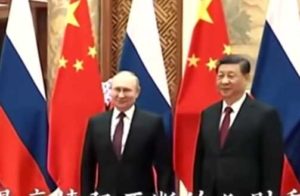
SEOUL, SOUTH KOREA — Russian President Vladimir Putin and Chinese leader Xi Jinping pledged closer cooperation to counter the influence of the United States during a meeting Friday ahead of the opening ceremony for the 2022 Beijing Olympics.
The Putin – Xi meeting — the 38th of its kind, according to Beijing — was the latest evidence both countries have drawn closer as their relationships with the United States have become more fraught.
The meeting comes at a pivotal moment, as Russia masses over 100,000 troops along the border with Ukraine and demands concessions from NATO, the Western military alliance, raising fears of a conflict.
It is not clear how far China is willing to go in supporting Russia on the Ukraine issue, especially if the situation devolves into violence during the Beijing Olympics.
A joint statement following the Putin-Xi meeting did not explicitly mention Ukraine. However, the document said both countries opposed further expansion of NATO and called for the military alliance to abandon its “Cold War” approach.
The United States has accused Russia of searching for a pretext to invade Ukraine, as part of its efforts to expand Moscow’s sphere of influence in Eastern Europe.
In the lengthy and wide-ranging statement, Russia also reaffirmed its support for China’s positions on Taiwan, saying the island is an “integral part of China” and that it opposes Taiwan’s independence “in any form.”
Chinese officials have recently warned Washington that its support of Taiwan, a self-ruled island claimed by Beijing, could result in a war between the United States and China.
In their statement, Putin and Xi condemned “attempts by external forces to undermine security and stability in their common adjacent regions.” Though the statement did not name the exact regions in question, it said the two sides pledged to “increase cooperation” in those areas.
Putin and Xi also took aim at the U.S. approach to Asia, which China views as an attempt to counter its rise. The two men said they “remain highly vigilant regarding the negative impact on peace and stability” of the U.S. Indo-Pacific strategy. They also said they were “seriously concerned” about the recent creation of a trilateral alliance among the United States, Britain, and Australia.[content id=”79272″]
Drawing closer for years
Russia and China have a long history of working together to block U.S. positions at the United Nations Security Council, where all three are veto-wielding permanent members.
Most recently, China and Russia have found common ground over Ukraine. A recent statement by China’s Ministry of Foreign Affairs referred to Russia’s “legitimate security concerns” and called for an end to “Cold War mentality,” a clear reference to what it sees as U.S. foreign policy.
“The Chinese have moved progressively closer to Russian positions,” said Evan Feigenbaum, vice president for studies at the Washington-based Carnegie Endowment for International Peace.
This is a major shift for China. During Russia’s invasion of Georgia in 2008 and its invasion of Crimea in 2014, China was “not leaning so far in toward their partnership with Russia,” Feigenbaum said, speaking at an online forum.
“The China-Russia partnership looks a lot different to an American not just defense planner but strategic thinker than it would have just six or seven years ago,” he said.
Analysts say Russia-China cooperation could make it harder for the United States to punish Moscow with sanctions or other measures in the event of a Russian invasion of Ukraine. Ahead of the trip, Russian officials said the two governments are working to create an economic relationship that is safeguarded against sanctions imposed by other countries.
An increase in U.S.-Russia hostilities could also divert the attention of U.S. President Joe Biden, who has identified China as his biggest foreign policy priority.
However, China may not welcome any major foreign policy distractions.
Friday, Beijing is staging the opening ceremony for what will be more than two weeks of Olympic events. Perhaps even more importantly, Xi is in the midst of a crucially important season of domestic political maneuvering meant to shape what is expected to be his indefinite rule over China.
“Beijing wants stability and predictability. They will not welcome foreign turbulence,” said Ryan Hass, a China scholar at the U.S.-based Brookings Institution, in a thread on Twitter.
China has called for a lowering of tensions over Ukraine and proposed the implementation of the Minsk agreement, a 2014-15 deal to restore peace following a flare-up of violence along the Russia-Ukraine border.
“China is in a diplomatic logjam,” Hass said. “It would face difficulties and unwelcome turbulence from a conflict in Ukraine, but at the same time it wants to preserve strong relations with Russia and it does not want to do the U.S. any favors.”
Xi and Putin, two strongman leaders who preside over authoritarian governments, have a long history.
Putin was the first international leader to RSVP for the Beijing Olympics, after the United States announced a diplomatic boycott of the Games over China’s abuses against Uyghur Muslims.
Putin praised the “truly unprecedented character” of China-Russia relations, which he said is an example of a “dignified relationship that helps each of us develop.”
During Friday’s meeting, Putin announced a new deal to provide 10 billion cubic meters per year of gas to China from Russia’s Far East. Russian officials have said the two men could sign more than 15 agreements during the visit.
In 2021, the two sides did a record-breaking $146 billion bilateral trade. Putin told Xi on Friday that he is confident bilateral trade could soon reach $200 billion.
Xi — who is holding his first face-to-face meeting with a world leader in over a year — told Putin that the meeting will inject more vitality into the relationship, according to Chinese state media.
[content id=”52927″][content id=”79272″]



